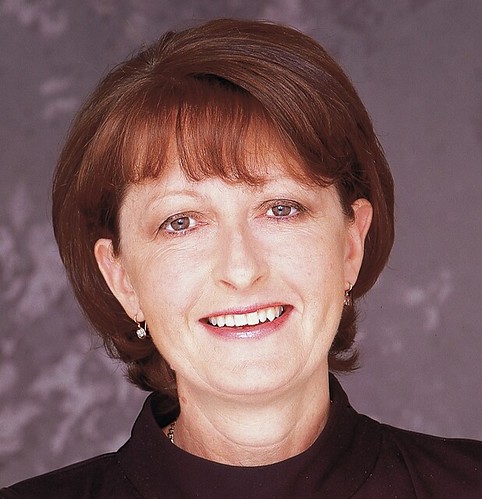Stop whinging - it might be your life that's saved
I took my daughter for her first driving lesson this week - one hour down and one hundred and nineteen to go. Lots of learner drivers, and their parents, are having a whinge about the increased number of supervised hours mandated in several states, and for those like my friend with twins, teaching your kids to drive must indeed seem daunting.
Other rules in some states include a total ban on the use of mobile phones for newly licensed drivers, and a limit on the number of passengers aged under 21 late at night.
Yet despite their unpopularity, a quick perusal of the literature appears to generally support the new driving rules.
For a start, according to a paper on the topic from Monash University Accident Research Centre, although novice drivers represent only a minor proportion of the licensed driving population, eg 14% of drivers in Victoria in 2002, they are around four times as likely to be involved in fatal and injury crashes than older, more experienced drivers.
And it’s not only age, but inexperience, that relates to crash risk, the paper says, with “errors in attention, visual search, speed relative to conditions, hazard recognition and emergency manoeuvres” being contributing factors.
On a more positive note, the Monash centre reports Swedish research which found that about 120 hours of supervised driving results in around a 35% lower crash risk than 40 hours. In fact, in 1993 when Sweden made a single change to the licensing system - lowering the age a learner permit could be obtained from 17 years 6 months to 16 years and therefore prolonging the training period – the country experienced a 17% reduction in crashes for all novice drivers.
Other US research, published in JAMA found that in young drivers, fatal injuries increased with the number of passengers in the car at the time.
In any sphere, new rules are almost invariably unpopular.
But as with any public health initiative, the number of beneficiaries can be estimated but not identified by name. Just as we’ll never know who among our hypertensive patients may have had a stroke without our treatment, none of us will ever know who would have lived or who would have died without a change to the rules.
It might be someone we love.
Other rules in some states include a total ban on the use of mobile phones for newly licensed drivers, and a limit on the number of passengers aged under 21 late at night.
Yet despite their unpopularity, a quick perusal of the literature appears to generally support the new driving rules.
For a start, according to a paper on the topic from Monash University Accident Research Centre, although novice drivers represent only a minor proportion of the licensed driving population, eg 14% of drivers in Victoria in 2002, they are around four times as likely to be involved in fatal and injury crashes than older, more experienced drivers.
And it’s not only age, but inexperience, that relates to crash risk, the paper says, with “errors in attention, visual search, speed relative to conditions, hazard recognition and emergency manoeuvres” being contributing factors.
On a more positive note, the Monash centre reports Swedish research which found that about 120 hours of supervised driving results in around a 35% lower crash risk than 40 hours. In fact, in 1993 when Sweden made a single change to the licensing system - lowering the age a learner permit could be obtained from 17 years 6 months to 16 years and therefore prolonging the training period – the country experienced a 17% reduction in crashes for all novice drivers.
Other US research, published in JAMA found that in young drivers, fatal injuries increased with the number of passengers in the car at the time.
In any sphere, new rules are almost invariably unpopular.
But as with any public health initiative, the number of beneficiaries can be estimated but not identified by name. Just as we’ll never know who among our hypertensive patients may have had a stroke without our treatment, none of us will ever know who would have lived or who would have died without a change to the rules.
It might be someone we love.


0 Comments:
Post a Comment
<< Home